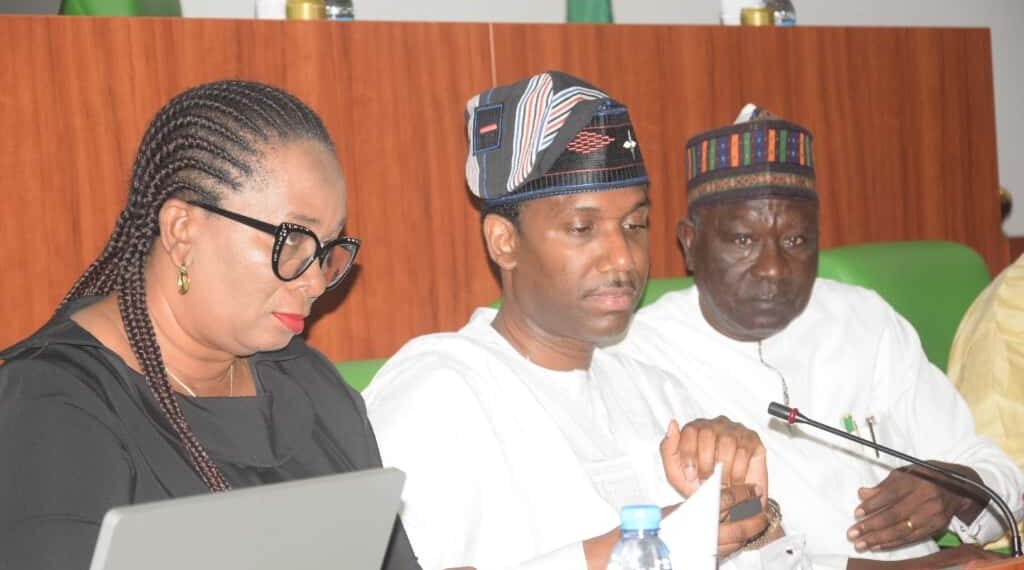The Chartered Risk Management Institute of Nigeria (CRMI) has opposed a proposed bill before the National Assembly seeking to establish the Chartered Institute of Enterprise Risk Management of Nigeria, describing it as unnecessary and a duplication of existing institutions.
In a submission to the House of Representatives Committee on Commerce, CRMI Registrar, Victor Olannye, noted that the 9th assembly had already enacted the Chartered Risk Management Institute of Nigeria Act No. 39 of 2022, which provides the legal framework for regulating and advancing risk management practice in the country.
Olannye said introducing another institute with a similar mandate would not only overlap with the existing law but also weaken the integrity of the legislative process.
He urged the House committee to reject the bill to preserve legal clarity and avoid institutional conflict.
He commended the committee for its diligence and professionalism in handling stakeholder inputs, noting that maintaining coherence in professional regulation is key to strengthening governance and public trust.
Responding, Rep. Ahmed Munir, Chairman of the House Committee on Commerce, reaffirmed the 10th assembly’s commitment to promoting inclusive and transparent lawmaking that supports economic growth and reform.
Read also:
- FG launches fraud control management systems
- NEMA launches 2025 flood preparedness campaign in Taraba, warns of increased risk
- Minister warns all Nigerians at risk of glaucoma
Rep. Munir said the committee was currently reviewing several bills, including those aimed at promoting climate-resilient commerce, reforming professional regulatory frameworks, and amending existing laws to enhance accountability and efficiency.
He also praised President Bola Tinubu’s administration for stabilizing the economy, noting that the next phase should focus on translating macroeconomic gains into tangible benefits for citizens through improved social protection and efforts to curb inflation.
Rep. Munir added that the ongoing public hearings were designed to capture diverse stakeholder perspectives in shaping policies that drive national development, emphasizing the National Assembly’s role as a people-centered institution committed to openness and participatory governance.






